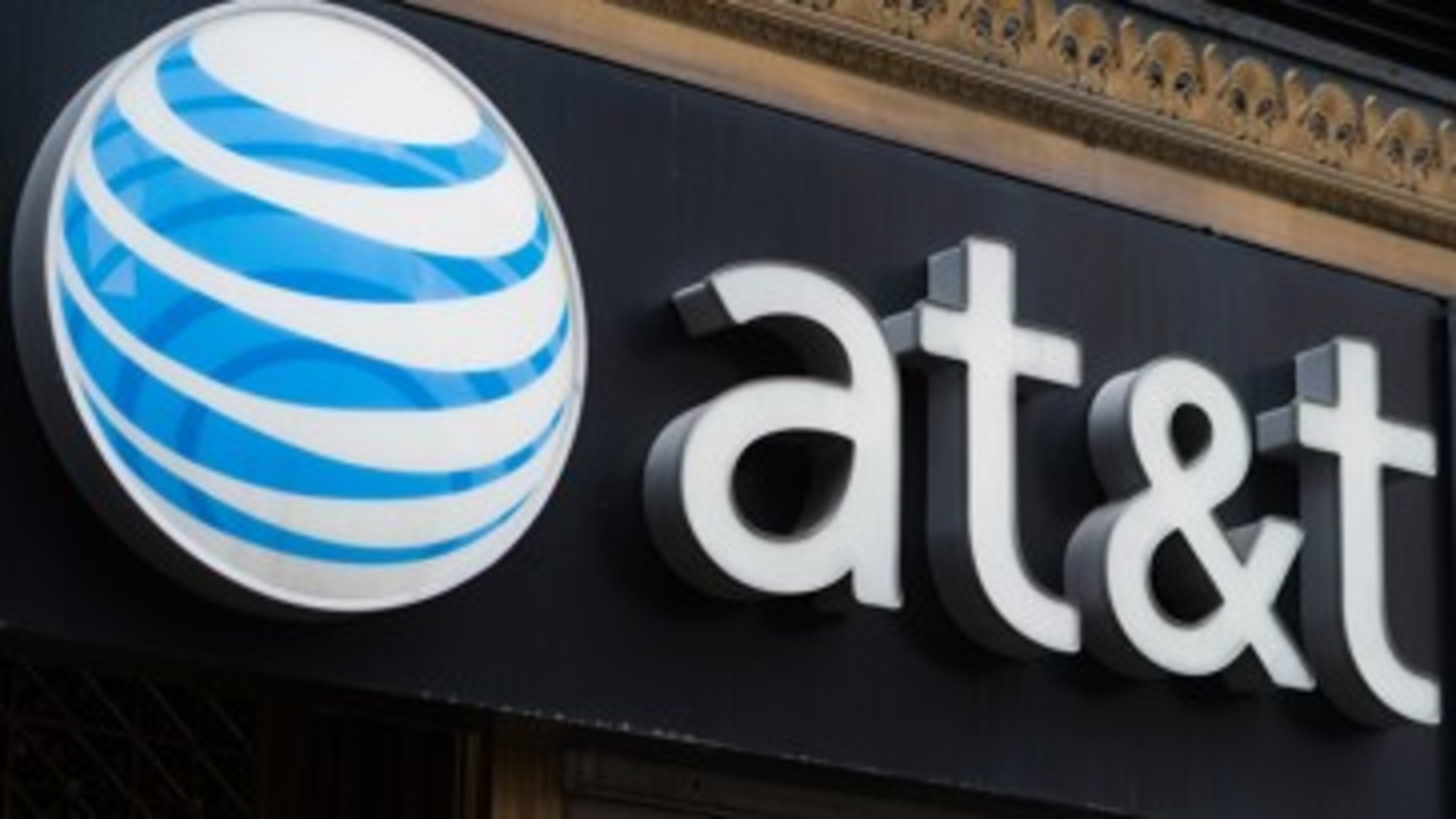AT&T strike in Southeast ends on fifth day after deal on new contract

The strike that sent more than 20,000 AT&T workers off the job to picket lines around the Southeast ended on Wednesday as union and company negotiators reached agreement on a new contract.
A "handshake deal" between union and company was reach ed in the early morning and announced later in the day by the Communications Workers of America. Employees, including 4,000 in Georgia, walked off the job Saturday.
AT&T spokesman Marty Richter said the company's post-deal comments would be very limited.
“We’ve been working with the union’s bargaining team and we’ve been committed throughout the process to reaching a fair agreement,” he said. “Out of respect for the bargaining process, we don’t have anything else to add at this time.”
Workers have said they were most worried about rising healthcare costs and job security in a time of technological change and an increasing use of contract workers.
As of late Wednesday, details of the new pact had still not been disclosed.
But CWA District 3 Vice President Richard Honeycutt praised workers for supporting the unexpected strike, which gave leverage to negotiators.
“Members’ spirit and solidarity over the last four days showed the company that we would not back down until they bargained with us in good faith,” said Honeycutt. “This was a historic strike that showed the power that working people have when they join together.”
The union said that workers would be expected to return to their jobs Wednesday by 1 p.m.
The workers’ four-year contract had expired Aug. 3.
Unlike many strikes, the AT&T walkout was not preceded with escalating public announcements about an impasse in negotiations and it came to an end abruptly, after the union described bargaining Monday as “intense.”
The strike started at midnight Friday, with very little advance warning, triggered, the union said, by unfair labor practices and "bad faith" bargaining. The union charged that the Dallas-based, $170 billion-a-year company had sent negotiators who had no authority to make a deal.
Some local unions in Florida had walked out prior to the strike call, but union officials said those actions were spurred by issues in those areas and did not prompt the wider strike.
The strike itself involved workers across nine states, most of them technicians and customer service representatives. It included members of the largest local, Local 3204, in Atlanta.
During the strike, workers’ jobs were filled by managers and supervisors, with the company giving priority to urgent repairs and maintenance and postponing new installations.



